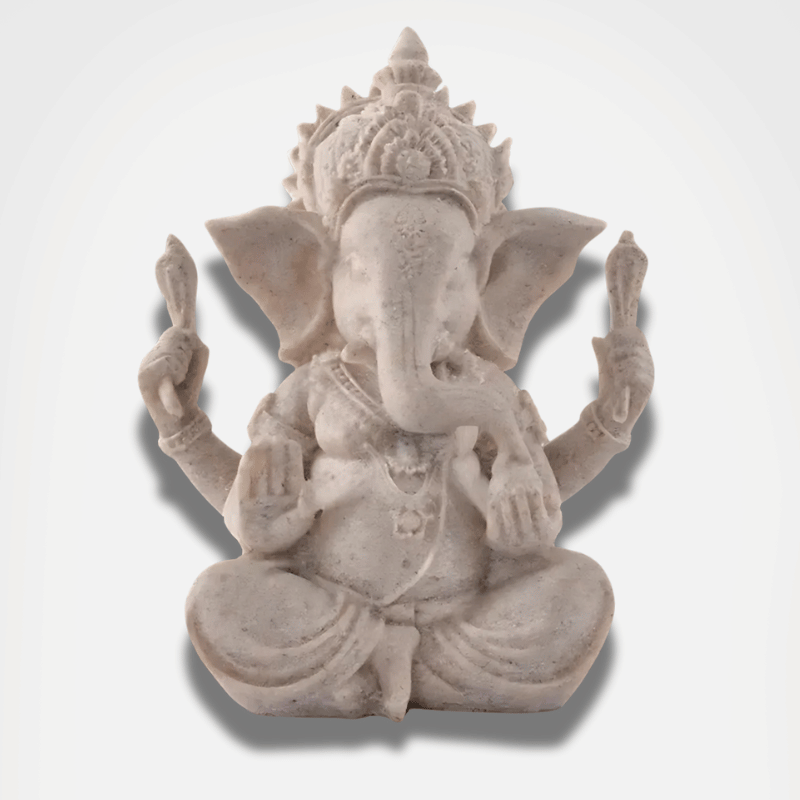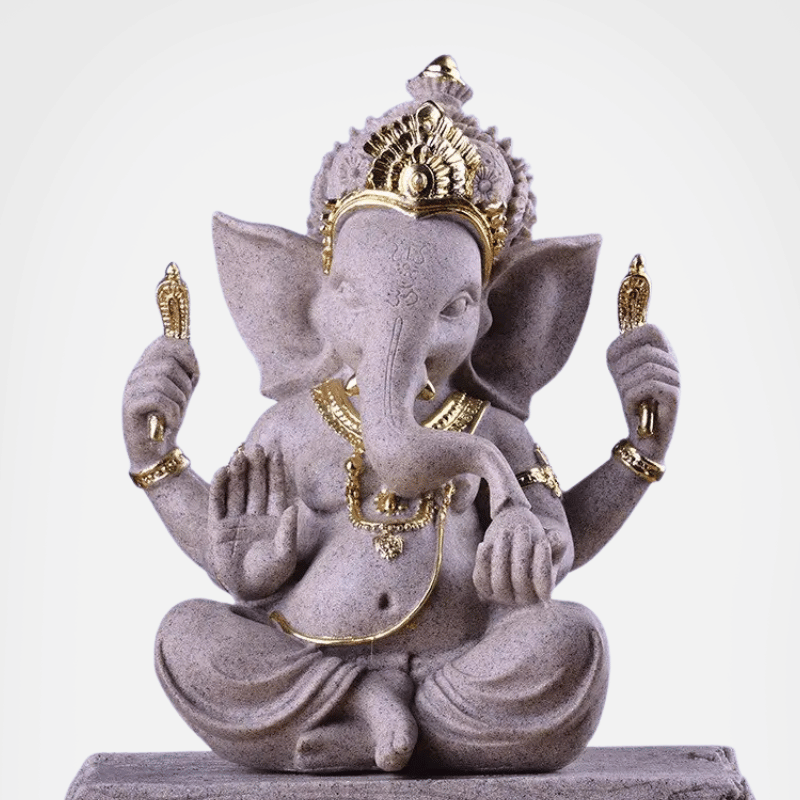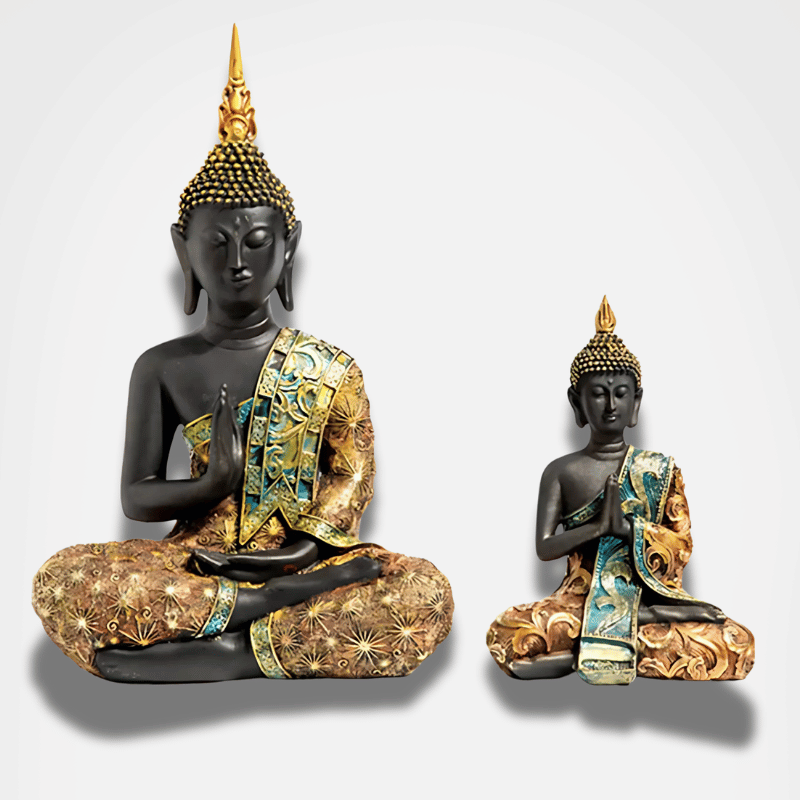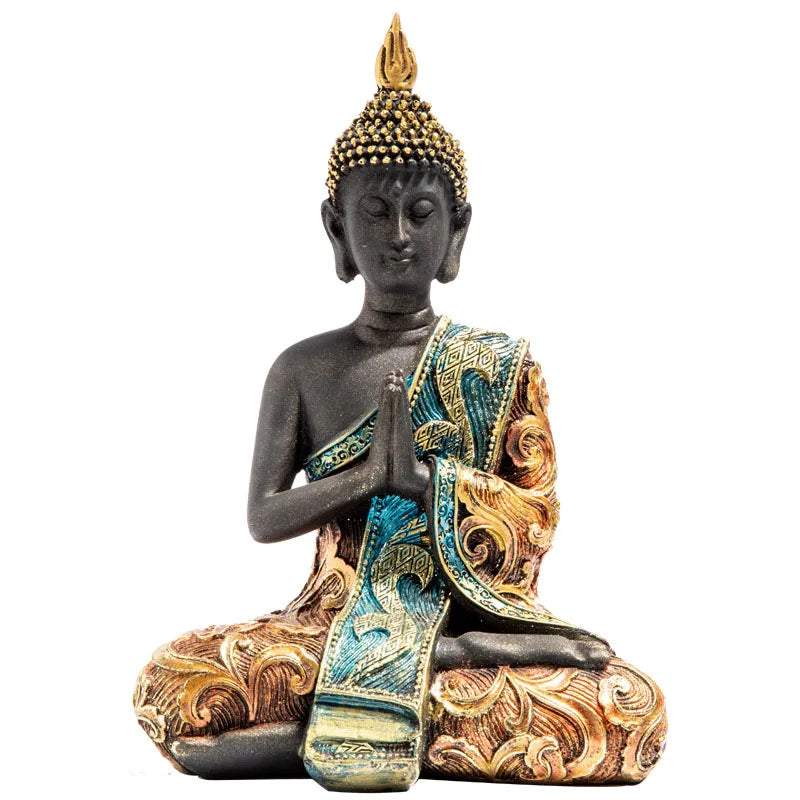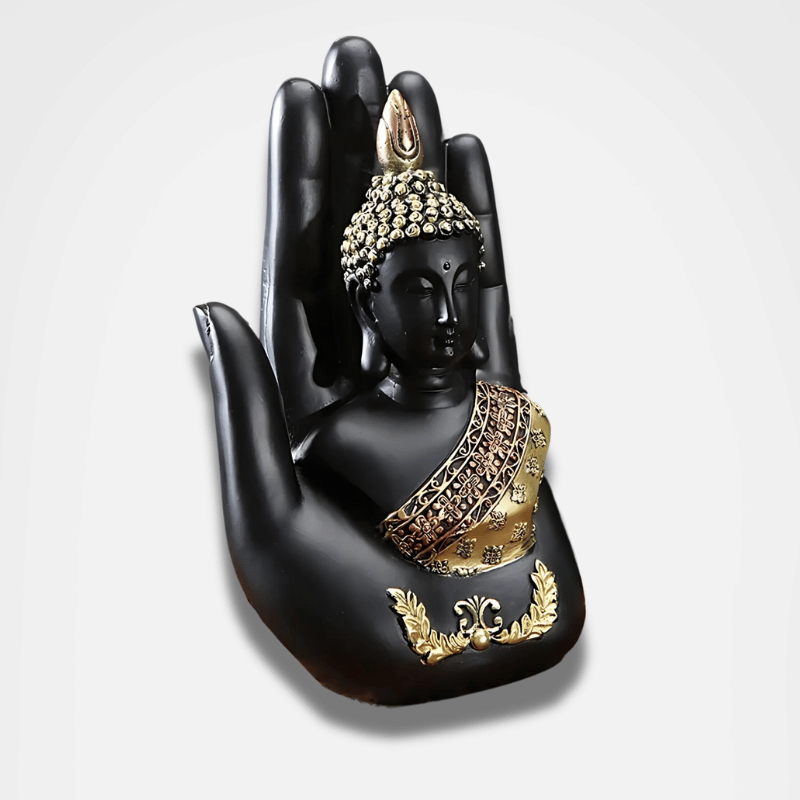Who practices Buddhism?
Who practices Buddhism?
Buddhism in France
Buddhism is a religion practiced by a growing number of people in France. There are a multitude of reasons why people turn to Buddhism, whether to find inner peace, seek answers about the meaning of life, or seek a more balanced lifestyle. Buddhism offers valuable teachings that can be applied to all aspects of daily life.
Buddhist communities in France are diverse and encompass traditions such as Theravada Buddhism, Mahayana Buddhism and Tibetan Buddhism. There are many meditation centers and Buddhist temples spread across the country, where practitioners can gather, meditate and study the teachings of the Buddha.
Buddhism and the search for wisdom
Buddhism is a spiritual path that emphasizes the search for wisdom. Practitioners of Buddhism seek to understand the true nature of reality and to develop a clear and lucid perception of the world around them. Meditation is an essential practice in Buddhism, which helps cultivate mindfulness and develop a deeper view of reality.
By practicing meditation and studying the teachings of the Buddha, Buddhists seek to free themselves from suffering and achieve enlightenment. Enlightenment is the highest state of consciousness in Buddhism, where one realizes the true nature of reality and achieves liberation from the cycle of rebirth.
Wisdom is at the heart of Buddhist practice, and Buddhists aspire to develop qualities such as compassion, kindness and generosity towards all living beings. These values are essential to creating a more just and harmonious world.
Buddhism and the quest for serenity
One of the reasons people practice Buddhism is to seek inner serenity. Buddhist meditation offers a way to connect with one's inner self and cultivate a calm and peaceful state of mind. By focusing on their breathing and letting go of distracting thoughts, practitioners of Buddhism can achieve a state of deep tranquility.
Regular meditation practice can help reduce stress, anxiety and negative thoughts, leading to improved mental and emotional well-being. Practitioners of Buddhism also learn to cultivate positive states of mind such as gratitude, patience and compassion, which contribute to a feeling of happiness and fulfillment.
Inner serenity is a key goal in Buddhism, as it allows one to find peace in an often hectic and chaotic world. By developing inner serenity, practitioners of Buddhism can be more present in their daily lives and find the emotional stability needed to overcome life's challenges.
Buddhism in the modern world
Buddhism continues to grow in popularity in the modern world, particularly in Western societies. More and more people are attracted to the Buddha's teachings because of their relevance in today's world.
Buddhism offers practical tools for managing stress, improving interpersonal relationships and cultivating mindfulness. These teachings find particular resonance in our modern society, where many people seek answers to problems such as anxiety, depression and lack of meaning.
Buddhism and stress management
Buddhism offers different meditation techniques to manage stress and cultivate inner peace. Mindfulness meditation, for example, encourages practitioners to be present and aware of their thoughts, emotions, and bodily sensations. This helps reduce mental ruminations and detach oneself from stress related to the past or the future.
By practicing mindfulness meditation regularly, people can develop an ability to cope with stress in a more calm and balanced way. They also learn not to identify with negative thoughts and emotions that can worsen their stress levels.
Buddhism also offers teachings about the fleeting nature of all things, which helps practitioners step back from stressful situations and adopt a more detached perspective.
Buddhism and interpersonal relationships
Buddhism emphasizes compassion and kindness towards all living beings. These values are also applicable to interpersonal relationships. By practicing compassion and cultivating a kind attitude toward others, Buddhists can improve their relationships and foster a climate of understanding and mutual respect.
Buddhism also teaches the importance of detachment and non-attachment. By developing this ability to not become attached to outcomes or expectations in relationships, Buddhists can avoid disappointment and foster more harmonious and fulfilling relationships.
Buddhist principles such as compassion, loving-kindness and detachment have direct and practical application in interpersonal relationships, allowing practitioners to create deeper and more meaningful connections with others.
Buddhism and the mentality of gratitude
Gratitude is an essential attitude in Buddhism. It consists of recognizing and appreciating the blessings that we receive from life, whether they are the small joys of everyday life or the more intense moments of happiness.
By cultivating gratitude, Buddhists develop a positive and grateful mentality towards life. This allows you to focus on the positive and rewarding aspects of life rather than being overwhelmed by challenges and difficulties.
Buddhism and the practice of generosity
Generosity is also a fundamental value in Buddhism. Buddhists are encouraged to practice generosity toward others, whether by offering their time, expertise, or material resources.
By practicing generosity, Buddhists develop a feeling of connection with others and contribute to creating a more just and united world. Generosity also allows one to detach oneself from attachment to material goods and promotes an attitude of selflessness and sharing.
The practice of gratitude and generosity are essential aspects of the Buddhist path, which help practitioners cultivate positive qualities and find deeper meaning in their existence.
Summary
Buddhism is practiced by a growing number of people in France and around the world. Practitioners of Buddhism seek to achieve wisdom, cultivate inner serenity, manage stress, improve interpersonal relationships, and cultivate gratitude and generosity.
Buddhism offers practical tools for living a more balanced and fulfilling life in an often hectic modern world. Whether through the practice of meditation, the study of the teachings of the Buddha, or the application of Buddhist values in their daily lives, practitioners of Buddhism find a meaningful spiritual path that meets their deepest aspirations.























